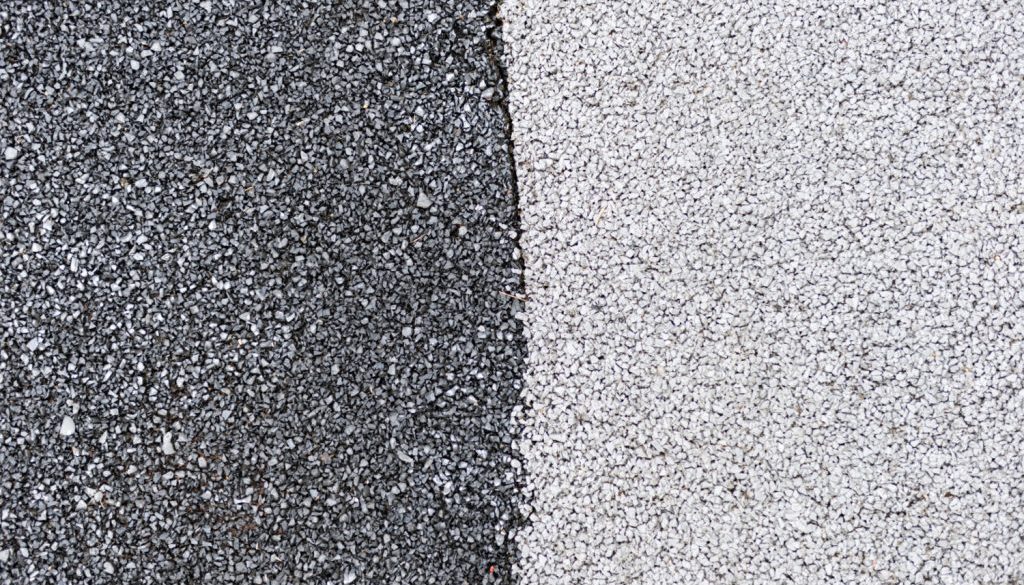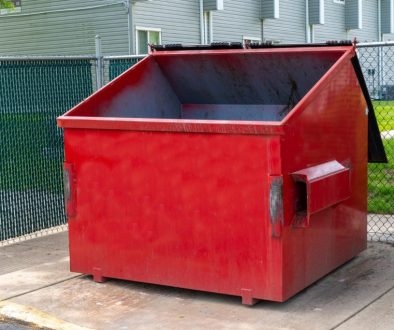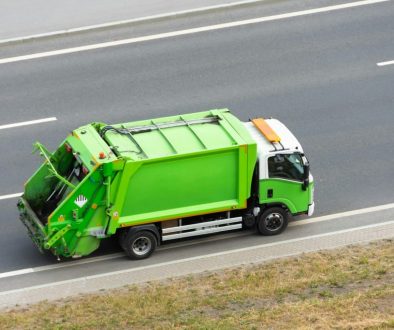Aggregates are essential construction materials. They are typically made from sand, gravel, and crushed stone. These materials form the foundation of many structures, from roads to buildings. However, the extraction and processing of new aggregates can strain natural resources. Recycling old aggregates presents an effective solution to this problem.
Embracing recycled aggregates paves the way for innovative and sustainable construction practices. This opens possibilities for using high-quality, eco-friendly materials in construction projects, from pathways to entire road systems. The technique enhances resource conservation, promoting a more sustainable approach to building and landscaping.
Understanding Aggregate Recycling
Aggregates are vital components in construction, comprising materials like sand, gravel, crushed stone, and slag. These materials form the backbone of construction projects, from roads to buildings. They are traditionally sourced from natural reserves and quarries, which can lead to environmental depletion and habitat disturbance.
Recycling old aggregates is an innovative way to create new materials and minimise environmental impact. By reprocessing waste aggregates from demolished structures, we conserve natural resources and reduce the need for new raw materials. This process involves breaking down old concrete or asphalt, which is used as a base material for new construction projects.
The environmental benefits of recycling aggregates are significant. Reusing these materials lowers the carbon footprint of transporting and producing new aggregates. Additionally, it reduces the volume of demolition waste sent to landfills, thus conserving space and lessening landfill-associated pollution.
Recycled aggregates contribute to sustainable construction practices and demonstrate a commitment to environmental stewardship. The construction industry can be pivotal in preserving natural resources while supporting green building initiatives by adopting recycling methods.
Innovative Techniques for Reusing Aggregates
The process of reusing aggregates is becoming more sophisticated with modern technologies. Cleaning, crushing, and refining are integral to transforming old aggregates into reusable materials. As technology evolves, these processes become more efficient and effective.
1. Cleaning
Before reusing old aggregates, they undergo a thorough cleaning process to remove contaminants like soil and debris. Advanced screening and washing equipment ensure that the recycled materials are impure-free.
2. Crushing
After cleaning, the aggregates are crushed into smaller, uniform pieces suitable for use in new projects. Crushers come in various types, such as jaw and impact crushers, each tailored to handle different materials.
3. Refining
The refined aggregates undergo further processing to achieve the desired quality and structure. Technology like laser-guided sorting systems helps ensure materials meet specific requirements for new construction use.
Projects across the UK showcase the successful implementation of recycled aggregates. For instance, using recycled aggregates in road construction provides a sturdy foundation and represents a cost-effective alternative to virgin materials. These advanced recycling techniques transform old waste into valuable resources, enhancing the sustainability of construction projects.
Practical Applications of Recycled Aggregates
Recycled aggregates offer numerous applications in construction and landscaping. They provide an eco-friendly and cost-effective alternative to using new raw materials. Common uses include road construction, where they form the base layer beneath asphalt. This use cuts costs and ensures roads stand the test of time through improved stability.
In landscaping, recycled aggregates are perfect for pathways and driveways. They are durable and offer excellent drainage, preventing waterlogging and erosion. Gardeners also use them for decorative stone features or as a base layer for patios and terraces.
Here are some tips for integrating recycled materials into construction projects:
1. Plan Early: Consider using recycled aggregates in the design phase to maximise efficiency and environmental benefits.
2. Consult with Suppliers: Work with aggregate suppliers to ensure you get the right mix and quality for your project needs.
3. Monitor Quality: Check that the recycled aggregates meet the necessary standards for durability and safety.
By creatively incorporating recycled aggregates, builders can reduce costs and enhance project sustainability, contributing to more responsible construction practices.
Challenges and Solutions in Aggregate Recycling
Recycling aggregates brings several challenges, such as contamination and sorting difficulties. Contaminants like metal or organic material can hinder the quality of recycled products, requiring extra processing steps. Efficient sorting is crucial to maintaining the integrity of the recycled aggregates.
Practical solutions to these challenges include investing in advanced sorting technologies, like magnetic separators, to remove metal contaminants. Improved screening processes can help eliminate unwanted materials, enhancing the purity of the recycled aggregate.
Regulations play an essential role in improving recycling efficiency. They set standards for processing recycled materials and ensure that only high-quality aggregates are used in construction. Builders should stay updated on these guidelines to ensure compliance and avoid potential legal issues.
Educational programmes and incentives can also encourage more companies to adopt recycling practices. By promoting the advantages of recycled aggregates and offering support, industries can overcome current barriers and lead the way in sustainable building.
Conclusion
Recycling aggregates has become an integral part of sustainable construction. The industry reduces environmental impact by reusing old materials while creating durable and cost-effective solutions. The challenges in recycling are real, but they are manageable with the right technology and adherence to regulations.
For builders and landscapers looking to incorporate recycled aggregates into their projects, Enviro Skip Hire offers comprehensive skip hire solutions. Our expert team can guide you through selecting and utilising recycled materials that meet your project needs, ensuring quality and sustainability. Visit Enviro Skip Hire to learn how we can support your next construction or landscaping endeavour.




